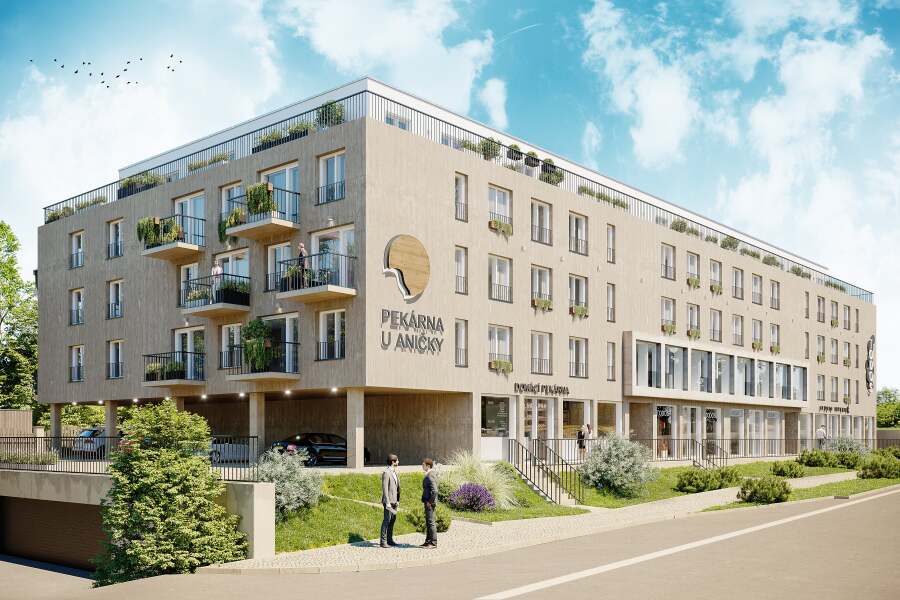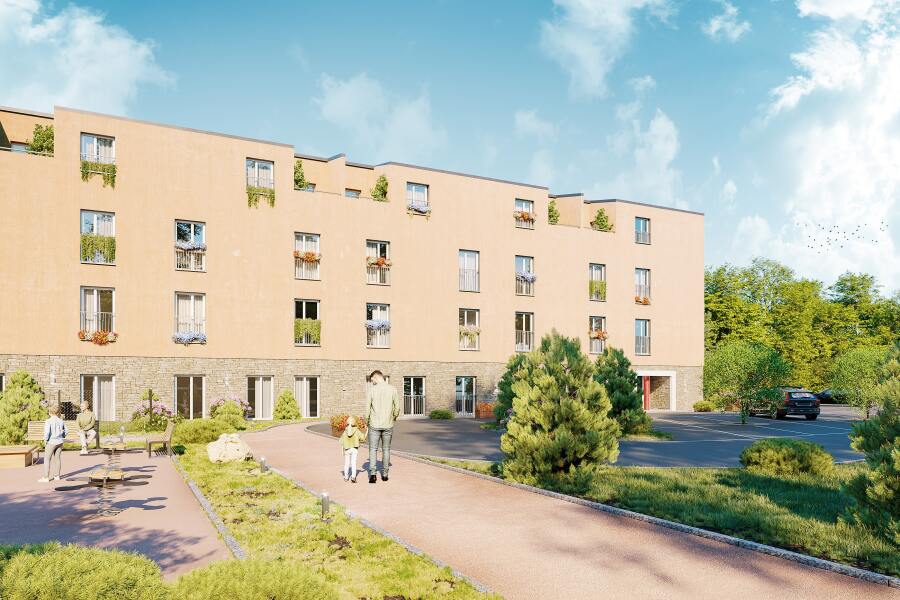Is a reservation of a real property always binding and subject to a fee?
No, a prospective buyer can reserve a property for up to 2 days without a commitment. This can be done in person, over the phone, or by e-mail, after a viewing or a meeting with our representative, without the need to pay a reservation fee, contractual guaranty, or a down payment on the purchase price. After the reservation period, either a written agreement is concluded, or the tentative reservation is cancelled.



